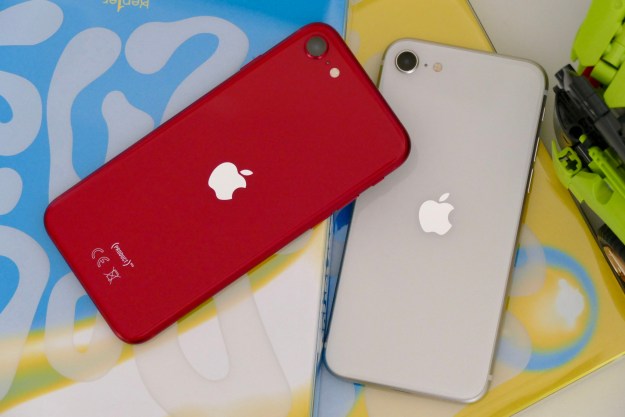
Telegram has been banned in Russia. On Friday, April 13, a court issued an order banning the popular messenger service, a decision that comes a week after Russian communication watchdog Roskomnadzor filed a lawsuit to limit users’ access to the app. The showdown began to form when Telegram refused to allow Russian state security services to access user messages — one of Telegram’s defining features is its special secret chats, which make use of end-to-end encryption.
As it stands, more than 200 million users around the globe use Telegram to communicate in what is thought to be a safe and secure method. However, Russia’s FSB Federal Security service claims that it must be able to read some of these messages in order to protect the state against certain dangers, including potential terrorist attacks. Telegram, however, has refused to turn over user messages, noting that it holds user privacy in the utmost regard.
“The court decided to meet the requirements of Roskomnadzor,” judge Yulia Smolina said, according to the TASS news agency. “The ban on access to information will be in force until the FSB’s demands are met on providing keys for decrypting user messages.”
While it is not clear yet when the ban will be enforced, the head of Roskomnadzor, Alexander Zharov, says it will go into effect. The watchdog organization has since added Telegram to its roster of banned websites, which will certainly make it easier to block.
Telegram’s founder and CEO, Pavel Durov, has already stated that the app will do what it can to make its way around the ban. However, without the use of a virtual private network, the app cannot ensure that users will be able to attain 100 percent access.
The decision is the latest in a long line of rather alarming governmental moves to stymie communication. As Pavel Chikov, a lawyer representing Telegram, said via his own Telegram channel, “[Russian officials] have demonstrated again and again that the court system is devoted to serving the interests of the authorities. They no longer even care about basic external appearances.”
Curiously enough, this ban will affect members of the Kremlin, who use Telegram to communicate themselves. But Kremlin spokesperson Dmitry Peskov does not seem terribly concerned. In a conference call on Friday, organized using — what else — Telegram, Peskov said that the team would simply adopt a new messaging service.
“Limiting access was not the goal in and of itself,” he said. “There is the legal position, which requires the provision of data to certain Russian state bodies. Meetings this condition would have allowed for a consensus. But unfortunately this consensus was not reached.”
Editors' Recommendations
- WhatsApp vs. Telegram: Which messaging app is better?
- Facebook’s Messenger and WhatsApp saw record usage on New Year’s Eve
- Uber app offers a new way to contact emergency services
- How to use iOS 13’s new Reminders app
- New to investing? These apps and services make it a breeze


